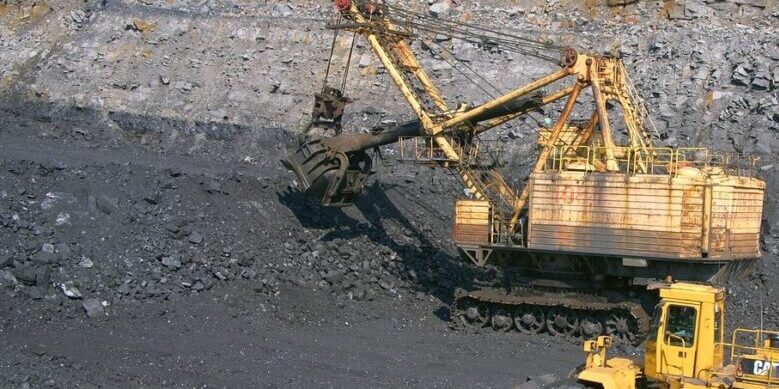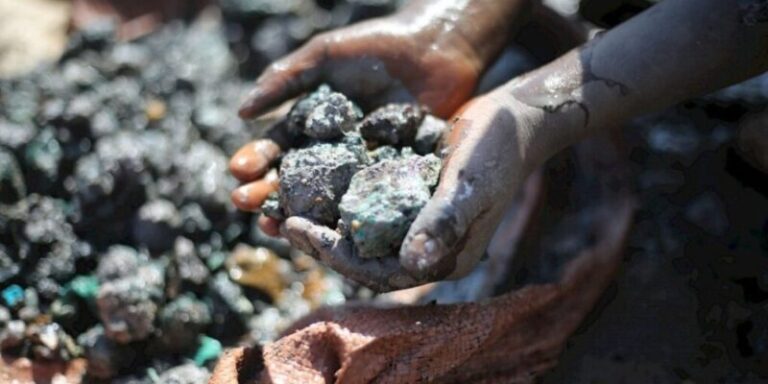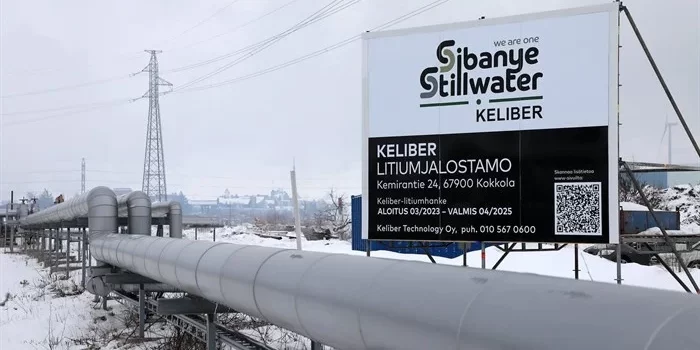
Zambia is planning to create a state-owned investment firm that will hold at least a 30% stake in the production of critical minerals from future mining projects, according to a report by Bloomberg News.
Mines Minister Paul Kabuswe stated that the government aims to maximize the benefits from Zambia’s vast metal reserves, which are essential for the global energy transition.
The proposed special purpose vehicle (SPV) will implement a “production sharing mechanism” to secure a minimum 30% output from new mining operations.
This initiative supports Zambia’s objective of significantly boosting copper production while tapping into its reserves of cobalt, graphite, and lithium.
Zambia is already home to major mining companies such as First Quantum Minerals, Barrick Gold, and China Nonferrous Mining, which are expanding their copper operations.
The country is also relying on increased production from the Vedanta Resources-controlled Konkola and Mopani copper mines to reach its target of three million tonnes of copper annually by 2031.
A ministry document highlights that achieving this goal requires existing mines to double their output, with new projects, including KoBold Metals’ Mingomba, contributing to this growth.
Additionally, the government plans to require critical minerals sector investors to allocate at least 35% of their procurement budgets to local suppliers. It is also considering policy changes to limit the export of raw materials to encourage local value addition.
In separate news, Midnight Sun Mining has announced its intention to challenge the Zambian Ministry of Mines and Minerals Development’s decision to reject the renewal of its large-scale exploration licence 21509-HQ-LEL, which covers the Kazhiba Dome target. This licence is crucial to the company’s Solwezi Project.
The Kazhiba Licence, initially issued on 1 March 2017 and renewed on 28 February 2021, was due for a second renewal when the Ministry’s website indicated a rejection.
Midnight Sun had submitted its renewal application on 1 December 2023, but the Mining Licensing Committee rejected it in June 2024 without formal notice or explanation.
The company is now seeking clarification and has retained Zambian legal counsel to defend its rights.





